The Road To Kickstarter – The Boring Stuff
February 2, 2016 by crew
Massive Awesome is Simon Barlow and John Taylor, friends and business partners whose shared love of gaming and a desire to make something awesome prompted us to set out on our own. We are currently deep into preparation for the launch of the tabletop miniatures game Shattered Earth on Kickstarter on February 10th.
In this ongoing series – the previous entries of which you can read HERE (Spreading The Word) – our aim is to write about all the steps we’ve taken along the way, and to create an ongoing discussion with the community about what it takes to launch a brand new game into the market.
17. Business Plan
There are multiple often complex reasons why Kickstarter campaigns fail such as underestimating costs, overestimating capacity, or suppliers not being able to produce the quality or quantity you require. But by far the most costly mistake is the one you only notice when it’s too late: failing to realise that you are now a legitimate business, and must act like one.
Most of the problems with Kickstarter campaigns can be traced back to that single mistake, and the only way to rectify it is by having a comprehensive business plan from day one. By the way: day one is about twelve months before your campaign launches, just in case you were wondering.
Having a solid business plan is not a silver bullet. You cannot prepare for every eventuality but, if you put in the groundwork, you can certainly solve most of the common problems you will face before they even become a problem. There are tons of online guides that will help you to structure your business plan, but ultimately you should be answering three questions: Who are we? What do we want to achieve? How will we achieve it?
By answering those questions – honestly, no cheating! – you help to crystallise the ideas in your head and turn them into something tangible. Once you have something tangible, you can work with it.
The next part of your business plan is the financial plan. This is the meat and potatoes of your business, the one spreadsheet you’ll wake up in a cold sweat in the middle of the night thinking about. Ours extends for three years into 2017, and covers all of our startup costs, estimates for Kickstarter invoice, retail and distribution, productions costs, expenses, office equipment – everything.
To make things easier to manage, we created a separate product reference spreadsheet that links to this, so that we can adjust costs and RRP as we go along, and the financial plan automatically updates itself. Constantly adjusting and balancing these figures has been pretty much half of Simon’s job for the past year; making the numbers work is just as important as having a good idea in the first place.
(Simon: Lots of companies low-ball their initial funding goal to drive early business but come unstuck when the campaign stalls or backslides. You absolutely have to be honest with your figures otherwise you’re kidding yourself, and potentially causing even greater problems for those people that do back your project.)
18. Due Diligence
Kickstarter is a tool for creators to reach out to potential investors and, in turn for their hard-earned money, you owe them your best efforts to create a product that meets or exceeds their expectations. It is simply not fair of you to promise the earth with only a rough idea of how you might go about delivering it – therein lies the path to resentment.
Your best intentions will unfortunately be worth nothing to a backer who receives a sub-standard product or, even worse, doesn’t receive anything at all.
Worried about capacity or product quality? Then go through a few rounds of pre-campaign production and iron out any problems then, on your own time, and with your own money. Have you worked out what happens if you hit your funding total but none of your stretch goals? Can you actually deliver those pledges? What if you smash your goal? Great! Or is it?
Have you asked your production partners what their timescales are if you increase your order tenfold? Are you even sure that they will be able to deliver if your campaign becomes a runaway hit? You don’t want to be scrabbling around looking for alternative partners post-campaign, so do your homework now before it’s too late.
19. The Really Boring Stuff
As mentioned in previous articles, there are many important factors in the success or failure of your project and most creators are well aware of the obvious ones like the need to produce great art, detailed sculpting and an interesting ruleset. More often than not, however, it will not be these things that derail a project.
Instead it will be the really boring yet phenomenally important stuff like forgetting to take account of VAT if your funding total goes above £82,000, or getting the weight of your final product wrong and suddenly having to double your postage costs. These things are not sexy and they are not all that interesting to research or deal with so it can be tempting to close the spreadsheet and go back to playtesting.
But honestly, you do so at your peril. There is no use in having a fantastic product if you forget some vital detail and end up out of pocket and unable to deliver that product to the backers.
To give you a headstart, here’s a non-exhaustive list of the type of things you need to include: development costs, production costs, Kickstarter’s cut, Amazon Payments’ cut, any post-campaign platform you intend to use, VAT (or other taxes appropriate to the country you do business from), postage costs (both from producers to you and from you to backers), packaging materials, storage space (can you run fulfilment from your garage?), stationary, bank charges (for transferring money, making online transactions, etc.), marketing, promotion, and corporation tax.
Good luck out there!
If you would like to write articles for Beasts Of War then please get in contact with us at [email protected] for more information!
"...ultimately you should be answering three questions: Who are we? What do we want to achieve? How will we achieve it?"
Supported by (Turn Off)
Supported by (Turn Off)
"There is no use in having a fantastic product if you forget some vital detail and end up out of pocket and unable to deliver that product to the backers..."
Supported by (Turn Off)































![TerrainFest 2024 Begins! Build Terrain With OnTableTop & Win A £300 Prize! [Extended!]](https://images.beastsofwar.com/2024/10/TerrainFEST-2024-Social-Media-Post-Square-225-127.jpg)










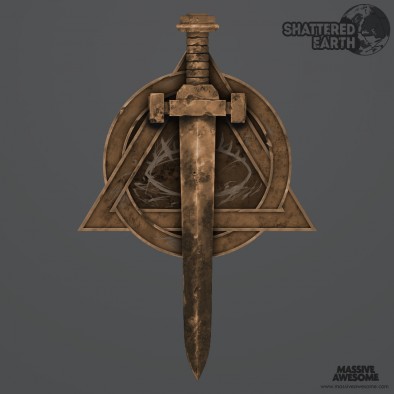



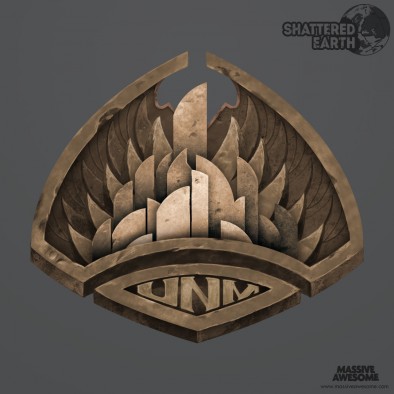
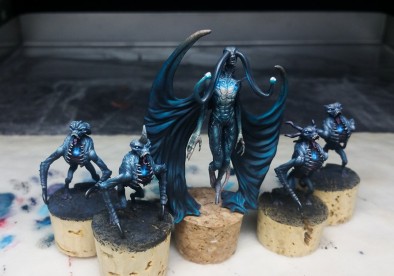



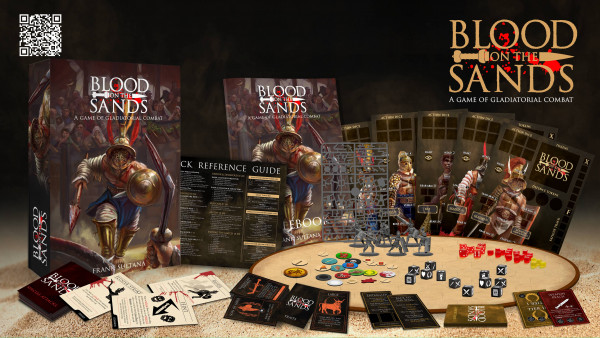
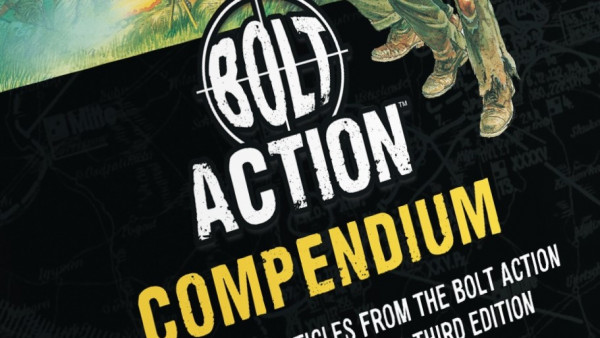




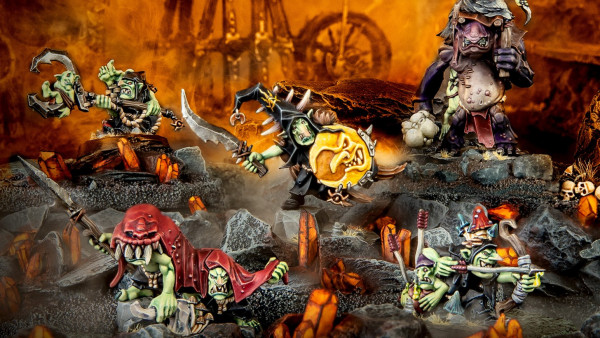


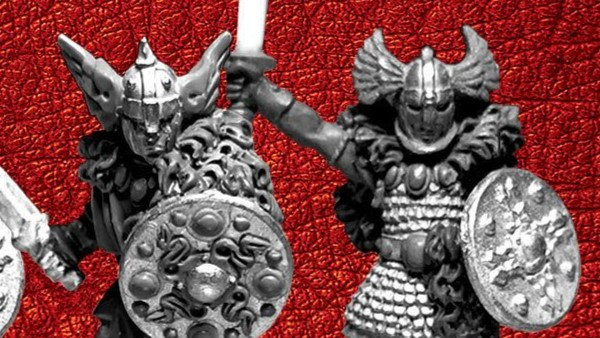

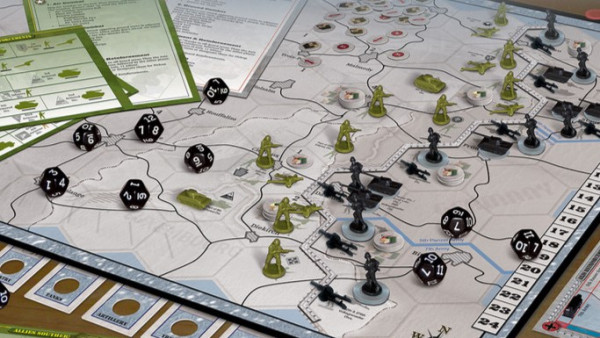









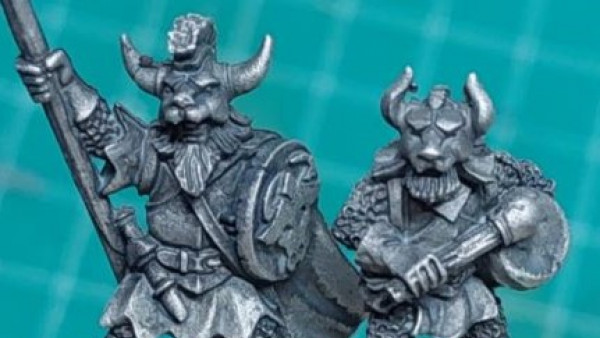
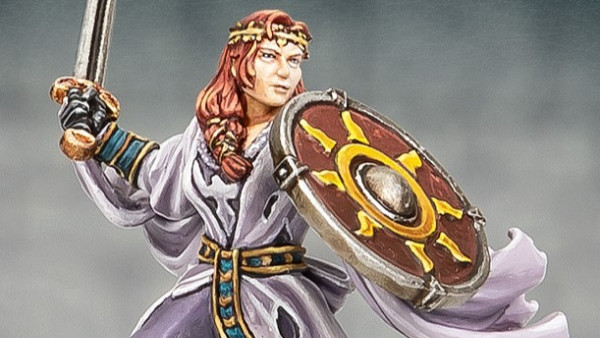

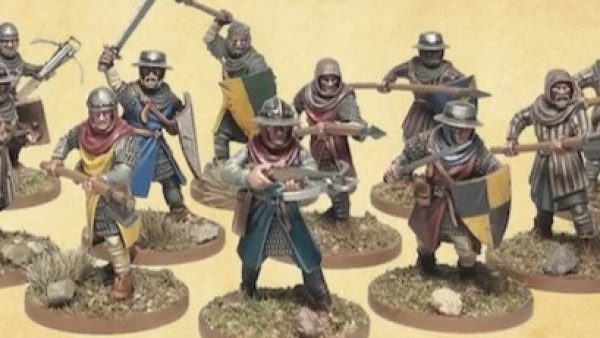


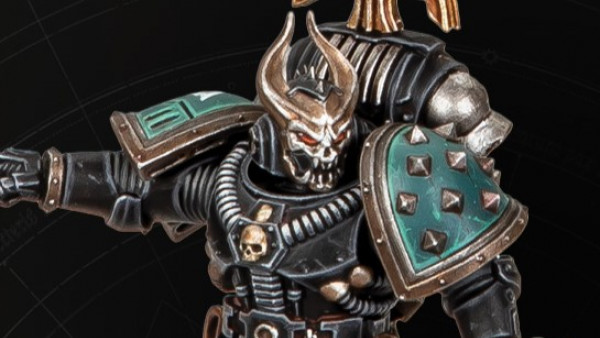




If only Prodos had read these articles 2 years ago…….:)
Another really interesting article, (maybe most interesting for me but I’m sad)
Out of curiosity if you hit say 100k in this Kickstarter how much of that 100k would you have to spend on VAT, Amazon fees and Kickstarters kickback?
Um…yeah…not what happened to Prodos. They HAD made enough money to cover everything, including shipping, then Fox sat on the final approvals for almost a year, making them eat inventory costs of what was produced. That ate up the shipping money and delayed the launch by about six months.
Mostly because Fox, in the end, couldn’t remember if some of the aliens spit acid.
That was a little joke
Don’t want to derail this with discussion about that other company, but if you want to come over to the calling AVP backers thread in the sci fi forums here happy to continue discussion on this there.
You’re repeating some nonsense from the forums there. I’d go and do a little more reading on the subject, particularly the misinformation and eventual admission that they (Prodos) used the AvP funds to help plug the hole left in their profits by Warzone. Couple that with being evasive when asked relatively simple questions and promising things that don’t materialise I think you are being very unfair on Fox there. They have every right to be particular with how their IP used. Prodos got a lot wrong and miscalculated how challenging it can be to get a licensed game to market.… Read more »
That’s a really good question – off hand, I’m not sure. I do know from starting my own little company you get kicked by everyone. Absolutely *everyone*. The government, hilariously, is the worst one. If we take a Bloodthirster, one fo my favourite models. Immediately it’s 20% more expensive than it should be for VAT. Then we have to pay business rates on that, say £250 a month. Then fuel taxes to transport product around the country/world. Then we pay the government because we’ve taken someone off welfare and created a job, so we add on 10% in employer NI.… Read more »
Government: staring into that abyss, and finding it staring back, is far more horrifying than encountering any Elder God or Chaos Demon.
Guess I’m late to the party… 🙂 Anyway, to answer joerugby’s question, the costs work out at 5% of your funding total for Kickstarter, between 3% and 5% for Amazon payments, and 20% VAT if you generate £82,000 or more in income in a single year. All the other ‘hidden’ costs are well covered by bubbles15. The other thing I will point out is that your slice of the pie gets progressively smaller when you start selling to retailers and distributors. Figure about 70% of RRP to retailers and about 50% to distributors. If your distributor also distributes worldwide and… Read more »
Thanks @bubbles15 & @freylis
Like I said I’m sad and find the numbers interesting.
Having to potentially say goodbye to almost a third of the money you get invested in your Kickstarter before you even go to doing anything with it, Seems a little heartbreaking to me. especially if your looking at something like mantic s first deadzone Kickstarter that’s about £340000 just gone.
All the best next week with your Kickstarter, if I can afford it you will have a backer in me.
Hopefully we’ll get some more articles from you following a successful campaign.
Cheers, we’re planning on continuing the articles during and post-campaign for a while if the interest is there. I think the next few weeks will be busy but interesting for Massive Awesome…
Looking forward to seeing what is unveiled next week
(Just need to remember not to spend all my money on Heresy stuff at the weekend)
Another excellent article, thank you. I’d add to your list in the last paragraph to also consider currency exchange, especially if you are selling or buying from overseas. Most major currencies don’t move a lot in one day but over the course of a year, you could see a 10 or 20% change in your costs. It could be in your favour but then again, it might not be. Unless you are going to hedge your exposure, you need to factor in some margin. Cashflow is critical to any new business. Many profitable companies have gone into administration because they… Read more »
Thanks redvers, very good point. As all of our 3d sculpts and casting in done in the UK, we haven’t had to worry too much about FX rates negatively affecting our manufacturing costs but it is certainly something we will need to bear in mind as we scale up. I would guess that the majority of KS projects will be using foreign manufacturing and so should definitely add this to their list of “boring things to pay close attention to”. Cashflow, or lack thereof (as part of a solid business plan) is also something that seems to derail many a… Read more »
This is not boring!! Well not totally 😉
Great business sense and gives me confidence in your ability to deliver what you are selling. Not a Pipedream idea but something planned, costed and considered.
Will need to read every article now